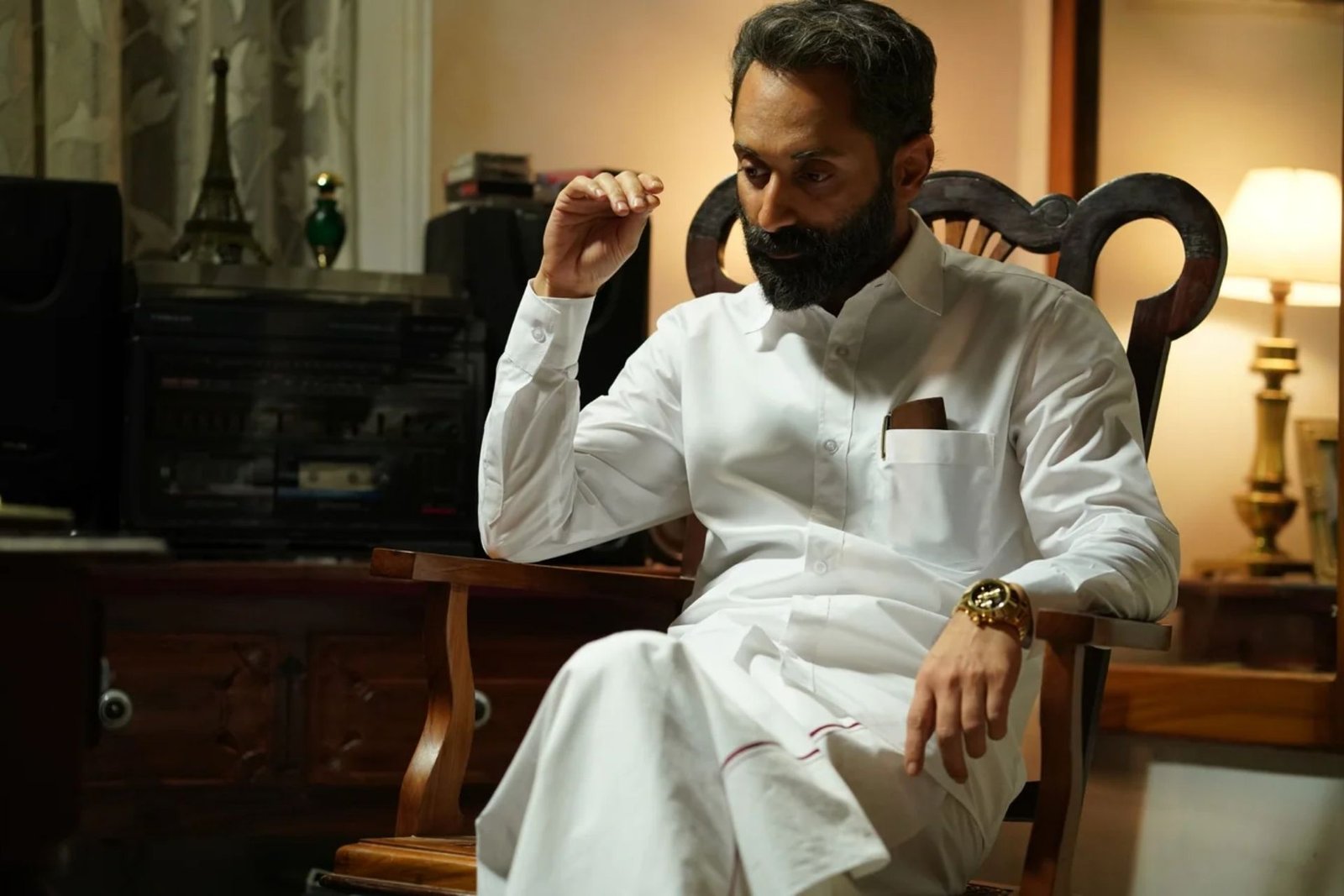Fahadh Faasil film reciew: Malik opens with a flashy oner that captures perfectly the adventurous spirit of Malayalam contemporary cinema. But it opens technically with a paranoid disclaimer which captures the nation’s mood.

Malik walked in a slim theme under the direction of Mahesh Narayan and starred his muse, Fahadh Faasil.
Could be used to pick Amazon’s Prime Video. Malik is an adequate epic crime saga at more than two and a half hours; its reach often goes beyond its grasp.
It extends the life of a man, Sulaiman Ali, the revolutionary leader of an offshore village in Kerala, who is arrested by the airport authorities during the opening moments of the film.
Local leaders fear his increasing political influence and have him murdered in captivity. However, Ali Ikka is convinced that none in the community can harm him, as his followers know him affectionately.
What’s happening here is an ambitious, but often rough crime theatre, which shamelessly takes over classics such as Wasseypur’s Godfather and Gangs.
However, the script of Mahesh Narayanan has no rough poetry we associate to the movies of Anurag Kashyap. Despite its episodic structure and vast cast of characters, this is a complex storey.
For example, the ever-reliable Joju George appears only after the hour mark. He is essentially the Ramadhir Singh of this storey, an IAS officer named Anwar Ali who has his pudgy fingers in every pie within touching distance, as well as others waiting to be baked.
His relationship with Ali Ikka dates back a long time; in fact, the Malik — another of his monikers — appears to be so isolated as a human being that most of his relationships can be traced back to his childhood.
And Anwar understands that he cannot rely on outside assistance to gain entry into his inner circle. After a first act that effectively establishes the premise, Malik launches into an hour-long flashback.
We watch Ali and his poor family move into a coastal village on the edge of a waste dump — the iron fist of majoritarianism will finally bury Ali’s father, as every other member of their community does.
The countryside is so wide that Narayanan often strives to hold the material under control. But this ambition, both narrative and thematic, makes Malayalam cinema’s New Gen movement so exciting.
For example, when we have fallen to the past and witnessed their relationships, the full impact of an insult that a character loves Ali is felt about an hour later.
Like the Mystic River, Malik is mostly about three pals who, after having knocked together as shared goons in their youth, wash on several shores. While the Muslims are Ali and Aboobacker, their companion David is a Christian.
Ali falls in love with David’s sister Rosaline to make things more confusing. Working for the third time with the editor, Fahadh Faasil, Narayanan is pure fire in the central character, sounding more like the understatement of the year.
Malik is not so much a dissection of the concept of a strongman as simply a representation of the concept. If it wasn’t for the annoying subtitles, the film could have caused a bit of an upheaval.
But fortunately I don’t think that all of us are especially fond of reading those people who tend to cause such a disturbance.
It is political drama that masks itself as a picture of a gangster. As always, it is up to you to identify the distinction between the two.










































